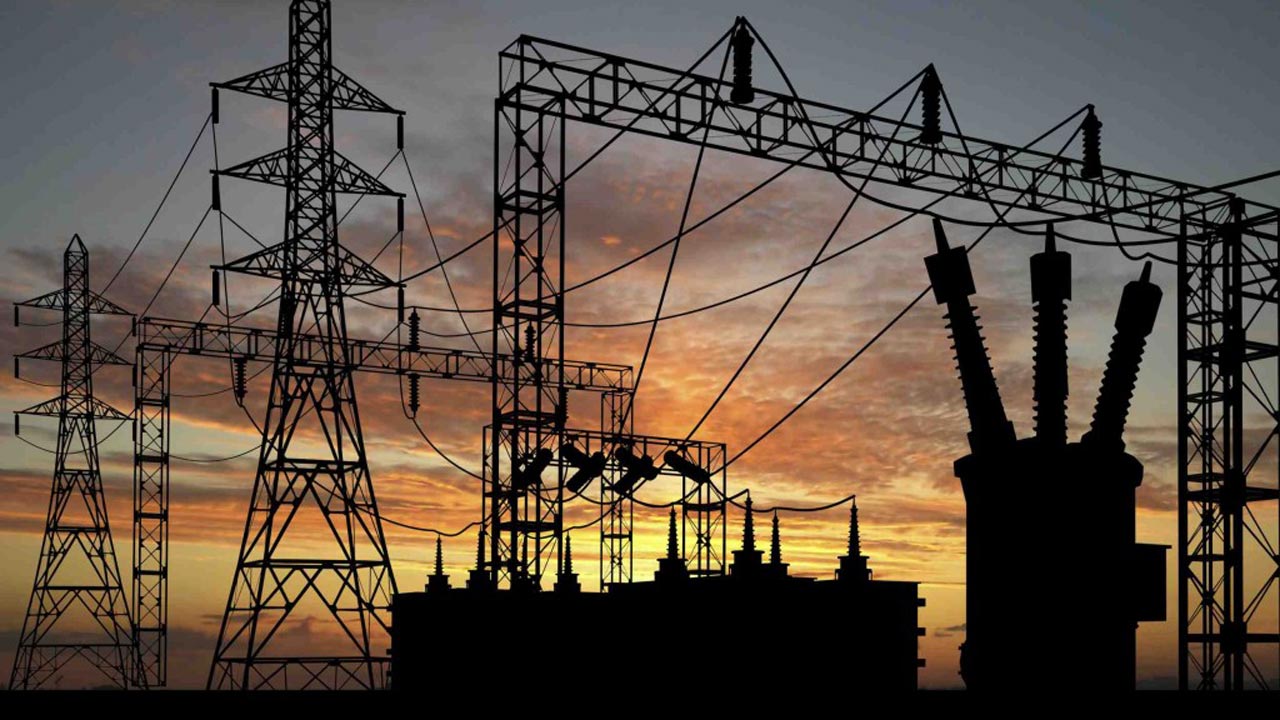….86mn Nigerians lack access to power supply
….80% of world’s un-served live in Africa
A recent report by major international agencies involved in global development has indicated that 86 million Nigerians lack access to electricity, thereby making the country with the largest number of people without electricity access globally.
The report, which was compiled by the International Energy Agency (IEA), the International Renewable Energy Agency (IRENA), the United Nations (UN), and the World Health Organization (WHO), highlighted the electricity access challenges in the Sub-Saharan Africa (SSA), which reflected that half of the regional population still lacked access to electricity.
According to the report’s findings, as of 2021, the 20 countries with the largest access deficits accounted for 75% of the global population without access. The countries with the largest number of people without access were Nigeria (86 million), the Democratic Republic of the Congo (76 million), and Ethiopia (55 million).
The report further reflected that access to electricity grew by an annual average of 0.7 percentage points between 2010 and 2021, rising from 84% of the world’s population to 91%.
The report’s findings also showed that to bridge electricity access gaps, especially for people living in poor and remote regions, required an annual rate of growth of 1% point per year from 2021 onward almost twice the current pace.
The report projected that if no additional efforts and measures are put in place, some 660 million people, mostly in Sub-Saharan Africa, would still be un-served in 2030.
The report also said that policies for energy access should demonstrate political commitment and maximize the socioeconomic benefits of access, keeping the most vulnerable populations at the forefront of efforts to close the access gap.
The report further showed that the SSA region still has the largest electricity access deficits in the world as more than 80% of the world’s un-served lived in the African continent in 2021.
As a way to ameliorating the electricity challenge in Nigeria and other countries, the report recommended that all countries needed to establish conditions that support new and innovative ways to promote transparency, ensure accountability, and de-risk investments.
Specifically, the joint report suggested regional cooperation as a solution to increasing electricity access.
It further clarified that because small national power systems predominate in the region, regional cooperation among national electricity companies and regional electricity markets remained important to manage prices and ensure the security of electricity supply.”
In addition, the report also called global leaders’ attention to good regulatory and policy frameworks that will encourage productive uses of electricity, which generate income and employment in local communities and thus help fight poverty. It is important to note that integrated access planning, with special attention to the expansion of mini-grid and off-grid systems, is the precondition for such frameworks.
Also, it pointed out that regulatory and policy frameworks informed by integrated planning can meet the energy demands of industry (especially small and medium-sized enterprises), attract private investment in the energy sector, and multiply the effects of the sector on the rest of the economy.
The report further recommended: “Supporting technological innovation and digitalization could reduce costs, provide efficiencies across the value chain, and improve collection and accountability, encouraging investments that widen opportunities to close the energy access gap while having large cross-sectoral effects.
“Governments across the African continent should also consider the deployment of digital technologies and the interoperability of components when strengthening and updating national institutional networks and legal frameworks that guide standards and regulations for energy products and services”, it added






